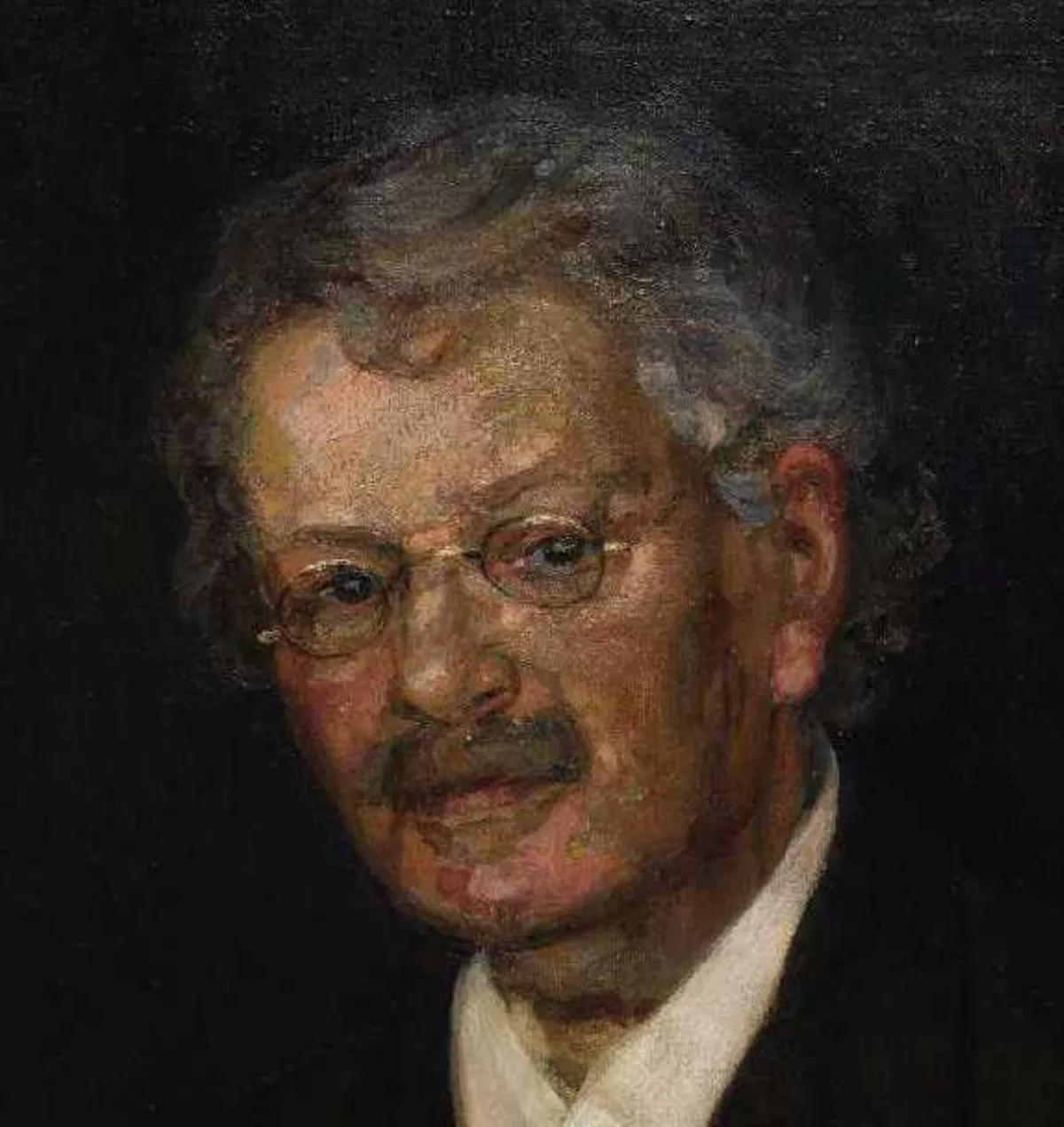 1.
1. Johan Gustaf Knut Wicksell was a Swedish economist of the Stockholm school.

 1.
1. Johan Gustaf Knut Wicksell was a Swedish economist of the Stockholm school.
Knut Wicksell was professor at Uppsala University and Lund University.
Knut Wicksell made contributions to theories of population, value, capital and money, as well as methodological contributions to econometrics.
Knut Wicksell was married to the noted feminist Anna Bugge.
Knut Wicksell's father was a relatively successful businessman and real estate broker.
Knut Wicksell lost both his parents at a relatively early age.
Knut Wicksell's mother died when he was only six, and his father died when he was fifteen.
Knut Wicksell received his first degree in two years, and he engaged in graduate studies until 1885, when he received his doctorate in mathematics.
In 1887, Wicksell received a scholarship to study on the Continent, where he heard lectures by the economist Carl Menger in Vienna.
Economics in Sweden at the time was taught as part of the law school, and Knut Wicksell was unable to gain a chair until he was awarded a law degree.
In Stockholm, Knut Wicksell associated himself with other future great economists of the so-called "Stockholm School," such as Bertil Ohlin, Gunnar Myrdal and Erik Lindahl.
Knut Wicksell taught a young Dag Hammarskjold, the future Secretary-General of the United Nations.
Knut Wicksell died in 1926 while he was writing a final work on the theory of interest.
Knut Wicksell was enamored with the theory of Leon Walras, Eugen von Bohm-Bawerk, and David Ricardo, and sought a synthesis of the three theoretical visions of the economy.
From this, and from theories of marginalism, Knut Wicksell defended a place for government intervention to improve national welfare.
Knut Wicksell invented the key term natural rate of interest and defined it as that interest rate which is compatible with a stable price level.
Knut Wicksell's process has its roots in that of Henry Thornton.
Knut Wicksell's theory was considerably more complicated, beginning with interest rates in a system of changes in the real economy.
Knut Wicksell expressed his views on many social issues and was often a critic of the status quo.
Knut Wicksell questioned the institutions of rank, marriage, the church, the monarchy, and the military.
Knut Wicksell desired to influence more than just the field of monetary economics.